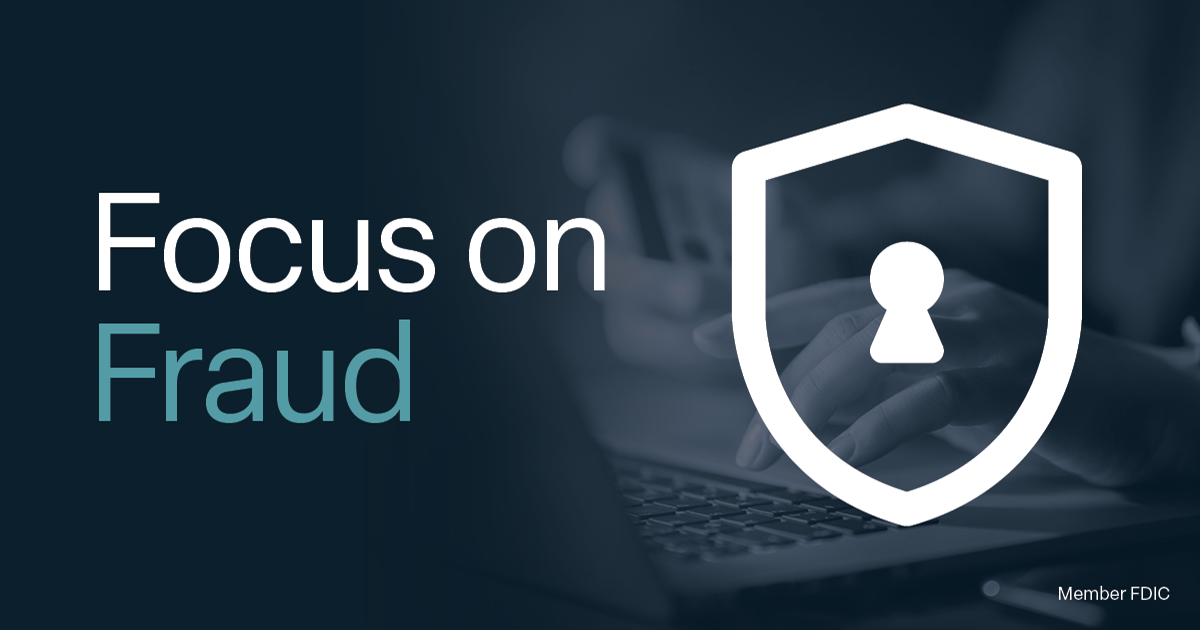

Focus on Fraud:
10 Tips to Travel Smart
With the increase in fraud schemes targeting unsuspecting travelers, Umpqua Bank has helpful tips to keep your money and data safe while enjoying your summer adventures.
Learn more
Fraudsters may be posing as Umpqua Associates using a spoofed number
We will never contact you (call, text, or email) to ask for your account information, password, username, or 6-digit access code. Receive a suspicious call, text, or email? Call us at (866) 486-7782.
Fraud Prevention
Protect
Protect your personal information in person and online.
Detect
Fraud can happen anywhere. If something doesn’t seem right, think twice.
Five SMART steps to protect yourself from fraud
S |
Slow down. Urgency is the scammer's game, telling your to "act now." Remember that legitimate offers and situations rarely require immediate action. Verify it independently before making a decision. |
M |
Maintain caution when sending money. Never send money to someone you don't know in real life. Exercise caution when using third-party payment services like Zelle®, Venmo, or Cash App. Do not send gift cards as a form of payment. Scammers frequently ask victims to purchase gift cards and share the codes. Legitimate businesses or organizations will never ask for payment in gift cards. |
A |
Actively review financial accounts and cards. Check transactions frequently to detect suspicious activity. If you notice any unauthorized charges or suspicious activity, report it to your bank or credit card issuer immediately. |
R |
Respond to fraud alerts promptly. If your bank or financial institution sends you a fraud alert via email, text or a phone call, take it seriously. Confirm the legitimacy of the alert and once verified, follow the instructions provided. |
T |
Trust your gut. If you suspect that the person who contacted you is an imposter, stop communicating with them immediately. Do not use the contact information provided by the caller or email sender. Instead, look up the official contact number on the banks or business’s trusted website or check the back of your card for the customer service number. |
Key Topics
Knowledge and action are critical when dealing with fraud. Here are a few key things to know about common types of fraud and how to fight it.
Fraud can happen to anyone, anywhere. It occurs when someone obtains access to your financial accounts, often by using your personal information, and conducts unauthorized transactions. Read more about common types of fraud and identity theft.
Be cautious and protect your personal information online and in person. Remember that your bank will NEVER call, text, or email you to ask for your PIN, password, or other security codes. Read more about other easy actions you can take to protect yourself.
If your account has been accessed without your consent, call us immediately at (866) 486-7782 for assistance. Here are other steps you should take if you are a victim of fraud. Taking timely action can help minimize the damage.
If you’ve lost your card or if there are unauthorized transactions, report it to us as soon as possible to have your card locked.






